Saudi Arabia, an Islamic nation where drinking alcohol is strictly forbidden, is to get its first official liquor store. There’s just one catch: only foreign diplomats will be able to buy booze there.
The store in the capital Riyadh’s Diplomatic Quarter will remain off-limits to Muslims and, needless to say, ordinary Saudis. For a handful of lucky diplomats, the shop’s opening will spell an end to having to import alcohol via a diplomatic pouch or sealed official package. Yet the purchase of their favorite tipple won’t be straightforward. They will need to apply for clearance through a mobile app administered by Saudi officials. There will also be strict limits on how much they can buy at any one time, and customers will not be allowed to take pictures inside the store. Such is the sensitivity — and fear — surrounding the taboo topic of alcohol in the Islamic kingdom that few in an official position want to go on the record.
The alcohol store will remain off-limits to Muslims
A government statement said the authorities were introducing “a new regulatory framework…to counter the illicit trade of alcohol goods and products received by diplomatic missions.” So, not so much a relaxation of prohibition — the law of the land for decades — but an attempt to curb and control the growing black market in alcohol: whiskey can sell for hundreds of pounds a bottle, especially in the run-up to holidays. Attending diplomatic receptions is one of the few ways of legitimately cadging a drink. Ironically, the Saudis only introduced the alcohol ban in 1952, following the murder of Cyril Ousman, the British vice-consul, who was shot dead by a Saudi royal at a party in 1951 after he refused the prince more drinks. It was a huge public embarrassment for the country’s rulers, laying bare the drinking culture in elite circles, somewhat at odds with their pious exhortations of religious observance.
Rumors have been circulating for some time about a potential relaxation of the country’s strict alcohol laws. The reports have been fueled by some of the other social reforms introduced by the ruling Crown Prince Mohammed bin Salman, as part of his Vision 2030 program. This has included lifting the ban on women drivers, as well as the return of cinemas and music festivals. There have been rumors that MBS (as he is known) is prepared to push further and faster with his plans. He wants to steer the country’s economy away from oil and into other industries such as tourism, international sports and entertainment. His ambitious ideas include building the multi-billion pound mega city of Neom, that will include a resort and ski slopes with artificial snow. This plan has prompted speculation that alcohol consumption would have to be allowed if the venture is to attract foreign tourists in sufficient numbers. This has been denied by Saudi officials, proving only that no one in authority dare voice a view until the man at the top decides it is acceptable to do so.
There will be an understandable temptation to view the lifting of the alcohol ban for a select few diplomats as another significant move in the direction of change in the desert kingdom. But nothing in Saudi Arabia is ever quite what it seems. The country is home to Islam’s two holiest sites in Mecca and Medina. The clergy continue to wield huge influence on how the laws of the land are interpreted. Penalties for drinking or possession of alcohol include lengthy jail terms and public flogging. Foreigners caught drinking face deportation. Any change in official attitudes towards alcohol are a deeply sensitive issue, and not without danger of a public backlash in a country that remains socially conservative and resistant to change. No one should bet on pubs littering the Saudi landscape anytime soon.
This article was originally published on The Spectator’s UK website.



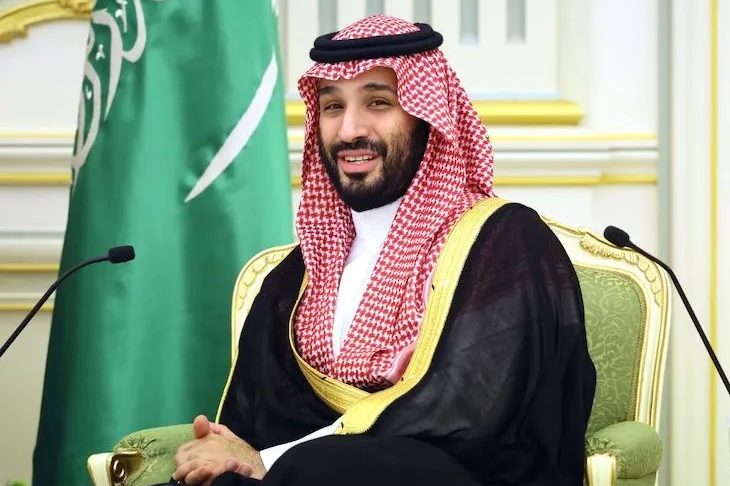






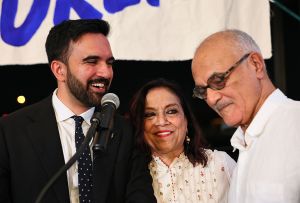

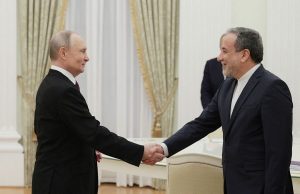


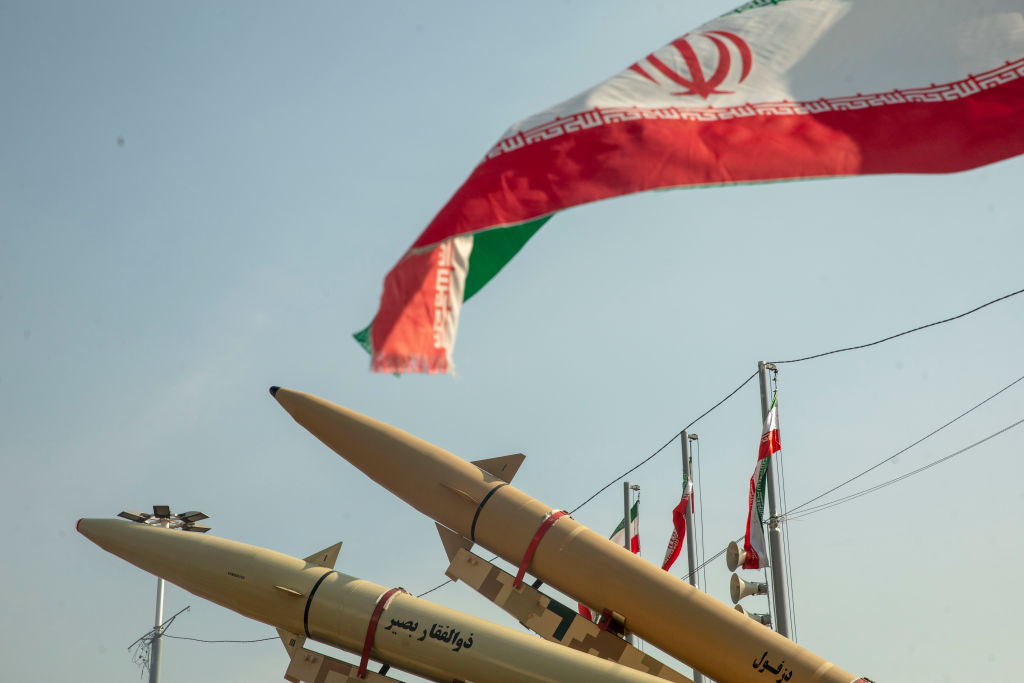
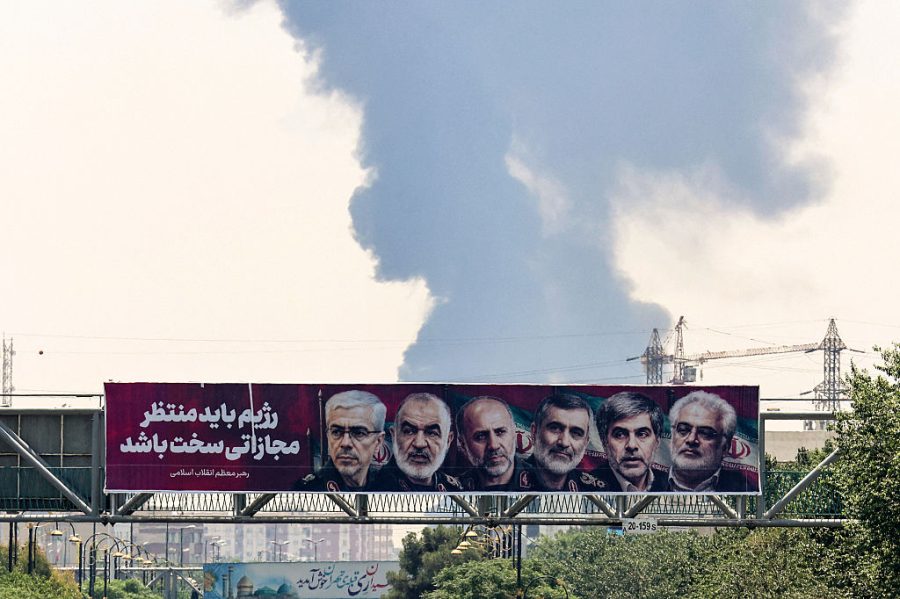
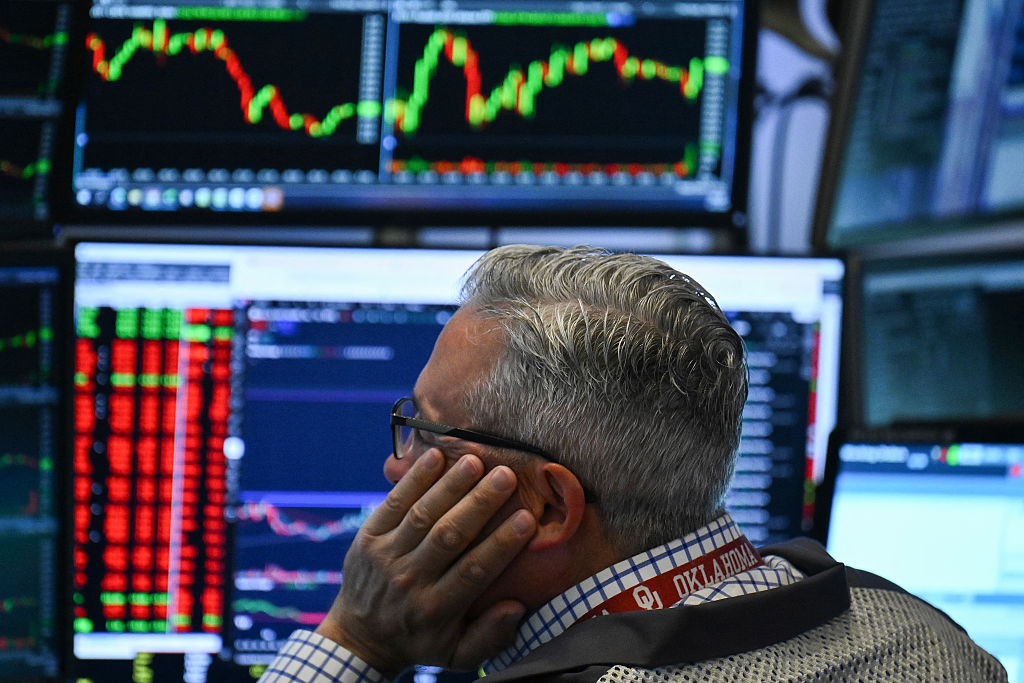
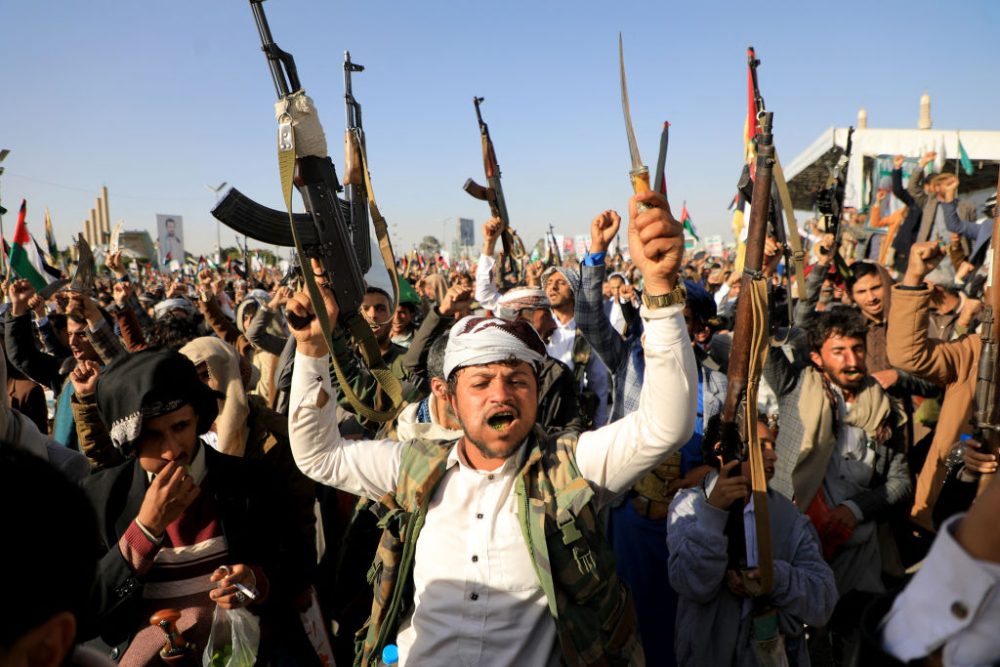







Leave a Reply